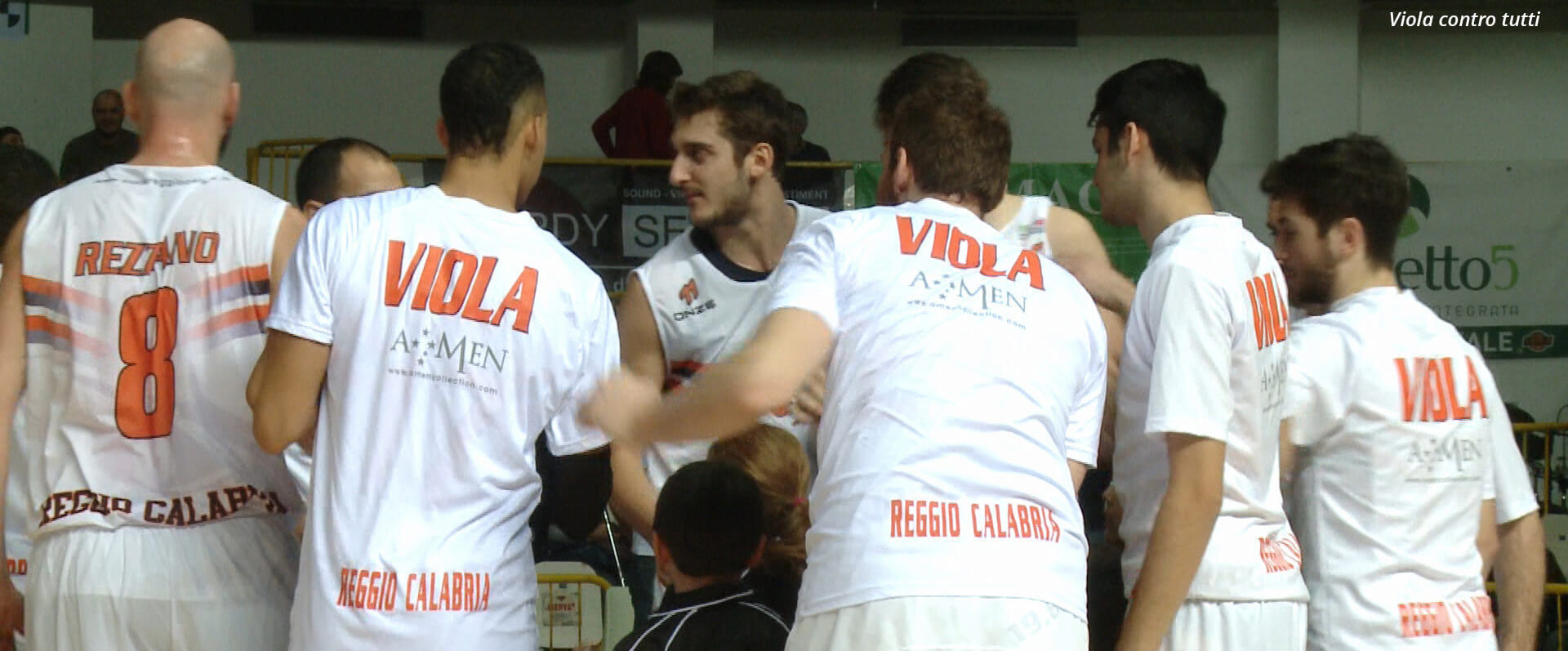
In 2012, while filming an episode of a TV show in southern Italy, I found myself in Reggio, a city almost two hours’ drive from my hometown in Calabria. While there, I was reminded of my childhood fascination with the local basketball team, Viola, which against all odds, once soared to national and European prominence, and featured incredible players like Manu Ginobili, who would go on to win four NBA titles with the San Antonio Spurs. Out of curiosity, I asked a member of the local film commission if there were any publications on the history of Viola. A few weeks later, he sent me a book titled “Che anni, quegli anni” (What Wonderful Years) by the local journalist Giusva Branca. The book deepened my fascination with the complex history of Viola—a story of redemption through sport for a city infamous at the time for its mafia wars and kidnappings. I decided to meet Giusva in person to discuss the book and the possibility of making a documentary about it. Our meeting took place in a coffee bar that had a discrete upstairs mezzanine, away from prying eyes. I vividly remember Giusva expressing concern about reaching out to Judge Giuseppe Viola, the team’s founder, a retired magistrate who kept a low profile late in life. As we spoke, his eyes suddenly widened in disbelief: Judge Viola himself had entered the café and was making his way upstairs, in search of the same privacy. Giusva was astonished—far more than I, who didn’t fully grasp the significant serendipity of the encounter. It was the sign that I needed to start my project. Viola contro tutti (Viola Against All Odds) premiered in 2015 at “Sport Movies & TV – International FICTS Fest”, the only sports film festival recognized by the International Olympic Committee, where it won a special award for the largest audience attendance. The documentary aired on three Italian public television channels—Rai Uno, Rai Storia, and Rai Sport—and was later distributed on DVD.